Short answer is, you can't. This is deliberate, both pre-request and test scripts (the only way, other than a collection runner, to make your environment dynamic) run in the postman sandbox, which has limited functionality.
More information of what is available is in the postman-sandbox Github repository page and in postman docs (scroll to the bottom to see what libraries you can import)
You do have a few options, as described in comments - postman allows sending requests and parsing the response in scripts, so you can automate this way. You do need a server to handle the requests and execute your script (simplest option is probably a small server suporting CGI - I won't detail it here as I feel it's too big of a scope for this answer. Other options are also available, such as a small PHP or Node server)
Once you do have a server, the pre-request script is very simple:
const requestOptions = {
url: `your_server_endpoint`,
method: 'GET'
}
pm.sendRequest(requestOptions, function (err, res) {
if (err) {
throw new Error(err);
} else if (res.code != 200) {
throw new Error(`Non-200 response when fetching token: ${res.code} ${res.status}`);
} else {
var token = res.text();
pm.environment.set("my_token", token);
}
});
You can then set the header as {{my_token}} in the "Headers" tab, and it will be updated once the script runs.

